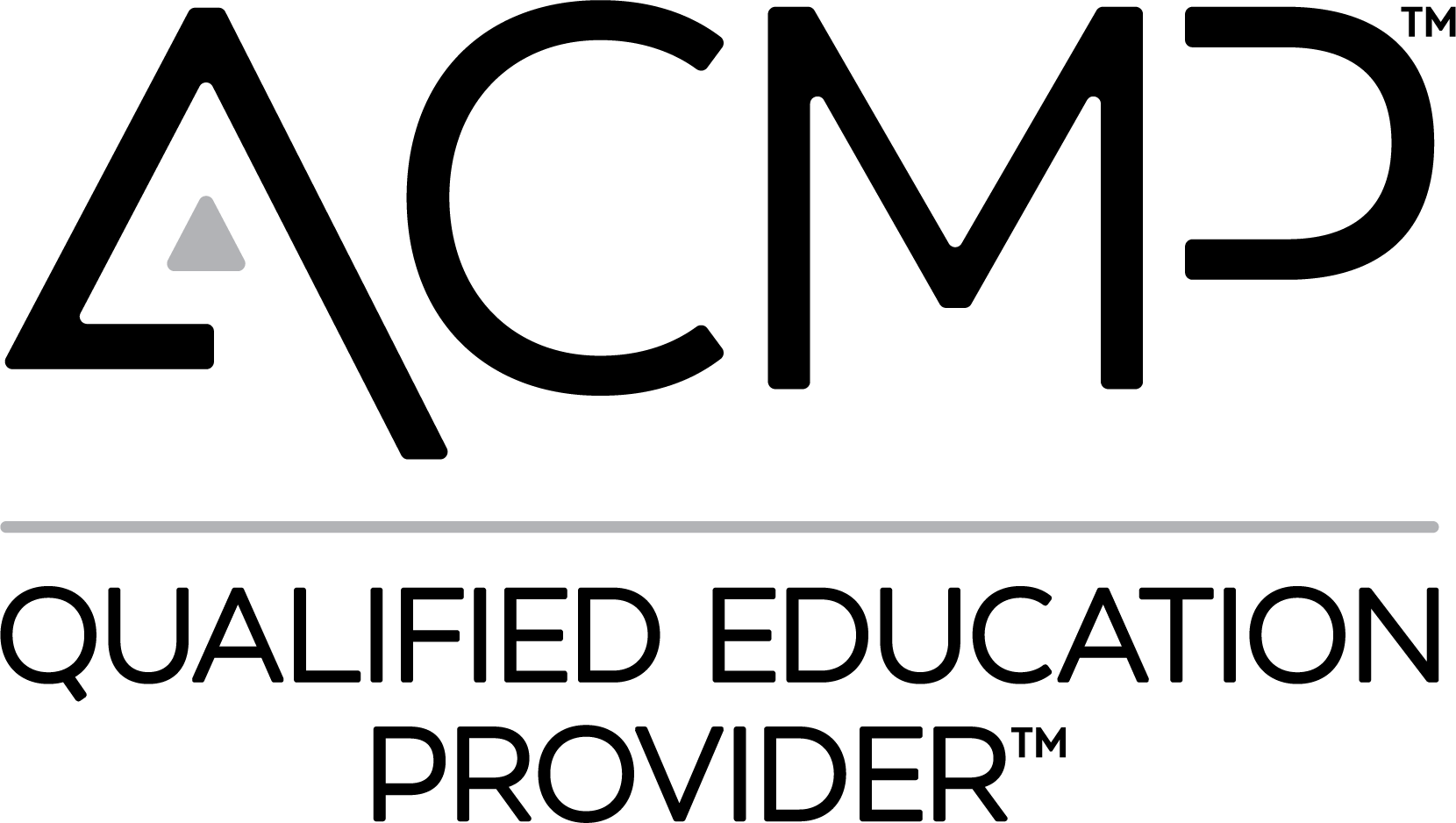In 2025, Trust Matters More Than Ever
If you’ve been in business long enough, you’ve probably heard someone say “trust is everything.” It sounds good, right? But have you ever paused to ask yourself: why is building trust in the workplace so important?
At Change Enthusiasm Global, we believe trust isn’t just a “nice-to-have.” It’s the keystone of a thriving business, a healthy culture, and a resilient workforce. Without it, strategy stalls, change efforts crumble, and leaders struggle to inspire. With it, employees bring their authentic selves to the table, teams move through change with less resistance, and leaders unlock the power of empathy to support growth.
In this article, we’ll unpack three critical reasons why trust is essential in every workplace:
- Trust unleashes authenticity.
- Trust makes change possible.
- Trust creates the foundation for empathetic leadership.
Along the way, we’ll share practical takeaways you can use to strengthen trust in your team today.
1. Trust Unleashes Authenticity
At its core, trust is about the exchange of value.
When you show up authentically—sharing your best ideas, your perspectives, your voice—that’s something of value you’re offering to your coworkers. In return, you seek acknowledgment, understanding, or simply the assurance that your contribution matters.
This exchange of value only happens in an environment where trust has been nurtured. When people feel safe, respected, and heard, they bring their whole selves to the workplace. And when authenticity is unleashed, innovation, collaboration, and creativity naturally follow.
But here’s the nuance: authenticity doesn’t mean carte blanche to say or do anything. Early in my own career, one of my first managers told me to “tailor my personal style” so that my message could be better received by my audience. At the time, it felt like they were telling me not to “be me.” But over time, I realized the wisdom in that advice.
Authenticity is about honoring your core self—your values, your perspective—while also being mindful of how your message lands with others.
Think of it as:
- Unleashing your essence while tailoring your delivery.
- Staying true to your voice while ensuring it can actually be heard.
When trust exists in the workplace, authenticity thrives. People don’t waste energy hiding who they are. They channel it into meaningful contributions that move the business forward.
2. Trust Makes Change Possible
At Change Enthusiasm Global, we’ve researched organizations around the world, and one theme emerges consistently: employees resist change most when there is a lack of trust.
It’s not the change itself that triggers resistance. It’s the fear that the change won’t actually work—or worse, that leaders aren’t being transparent about why the change is happening at all.
Think about the last time your organization rolled out a major initiative: maybe it was a technology upgrade, a restructuring, or a shift in strategy. If employees trusted the leaders behind the change—believing they were acting in the best interest of the business and the workforce—then the “why” behind the initiative carried far more weight. Even if bumps happened along the way, the foundation of trust provided grace and forgiveness.
On the other hand, if that trust wasn’t there? Doubt spreads quickly. Employees question motives, whisper in hallways, and quietly resist—even if they never say so directly.
That’s why trust is the fuel that allows organizations to move through change effectively. When leaders consistently do what they say they’ll do, when they explain the rationale behind decisions, and when they demonstrate care for employee well-being, resistance diminishes. People may not love every change, but they’ll trust that the decision is made with integrity and in service of the greater good.
In short: without trust, change feels like a threat. With trust, change becomes an opportunity.
3. Trust Creates the Foundation for Empathetic Leadership
We’re living in turbulent, fast-changing times. The pace of business is accelerating, markets are shifting, and organizations are under constant pressure to adapt. In this context, empathetic leadership is no longer optional—it’s essential.
Empathy means holding space for your colleagues, listening deeply to their experiences, and affirming that they are valued. It means asking: “How are you managing through this change?”—and actually caring about the answer.
But here’s the challenge: unless trust exists, your team may never give you the real answer.
How many times have you asked someone how they’re doing during a stressful period and heard the quick response: “I’m fine”? If trust isn’t in place, that’s as far as the conversation will go. But when leaders have cultivated an environment of safety and reliability, people feel they can open up. They’re willing to be vulnerable because they know it won’t be turned against them.
That’s when empathy works.
And empathy doesn’t just belong to managers or executives—it can and should come from every level of the organization. From wherever you sit, you can lead with empathy. But the ability to do so depends on whether trust has been established.
In other words:
- Trust makes space for vulnerability.
- Vulnerability enables empathy.
- Empathy fuels stronger relationships and resilient teams.
How to Build Trust in Your Workplace
So how do you put all of this into practice? Here are five practical ways to start building trust in your organization:
- Do what you say you’ll do. Follow-through is the foundation of trust. Keep your promises, even on the small things.
- Be transparent about decisions. Share the “why” behind choices, not just the “what.”
- Tailor authenticity. Encourage employees to bring their full selves while also coaching them to communicate effectively with diverse audiences.
- Invite feedback—and act on it. When employees see their input leading to real change, trust deepens.
- Lead with empathy. Listen more than you speak, and create space for employees to be honest about their experiences.
The Business Impact of Trust
It’s worth pausing here to underline just how much trust impacts not only culture but also business outcomes. Organizations with high levels of trust enjoy:
- Higher retention: Employees are more likely to stay when they feel safe and valued.
- Increased engagement: Teams who trust leadership bring energy and creativity to their work.
- Faster adoption of change: Initiatives succeed when employees believe in the process and the people behind it.
- Better performance: Trust fosters collaboration, reduces conflict, and unlocks innovation.
Simply put: trust pays dividends.
Bringing It All Together
Building trust in the workplace isn’t a soft skill—it’s a leadership imperative. It unleashes authenticity, makes change possible, and creates the foundation for empathetic leadership. Without it, organizations struggle to grow. With it, they unlock resilience, creativity, and momentum.
At Change Enthusiasm Global, we’ve seen firsthand how trust transforms organizations. It empowers individuals to bring their best selves forward, helps teams navigate disruption with confidence, and fuels leaders with the empathy needed to guide people through growth.
So the question isn’t whether you need trust. The real question is: what are you doing today to build it?
Free Resource: Lead Change with Trust
If you’re ready to dive deeper, we’d love to share a free resource with you: a keynote snippet where Cassandra Worthy shares research, data, and insights on leading others through growth and change. It’s designed to give you practical tools for building trust and inspiring your workforce—even in times of massive disruption.
[Click here to access the free keynote snippet now.]
Final Word
Trust isn’t built overnight, and it isn’t built by accident. It takes consistent action, intentional leadership, and a genuine commitment to valuing people. But when you put in the effort, the payoff is immeasurable.
MORE
INSIGHTS
What To Do When You Get Laid Off: A Change Enthusiasm Guide
Getting laid off can feel devastating, but it doesn’t define your worth. Learn how to process the emotional impact, regain clarity, and move forward with five powerful self-guiding questions rooted in the Change Enthusiasm® mindset.
How to Navigate Constantly Changing Priorities at Work
Set Intentions, Not Destinations By Change Enthusiasm Global In today’s workplace, one thing is certain: priorities will shift-often without warning. Whether you work in healthcare, tech, retail, finance, or manufacturing, the expectation to rapidly pivot has become part of the modern professional experience. But here’s the truth that most organizations overlook: Frequent priority changes aren’t … Read more
How Leaders Influence Change: From Executive Sponsor to Executive Example
Leadership doesn’t just direct change—it signals it. Learn how to move beyond executive sponsorship into executive example, and use three influence tools (verbal, non-verbal, and actions) to enroll your entire organization in transformation.










